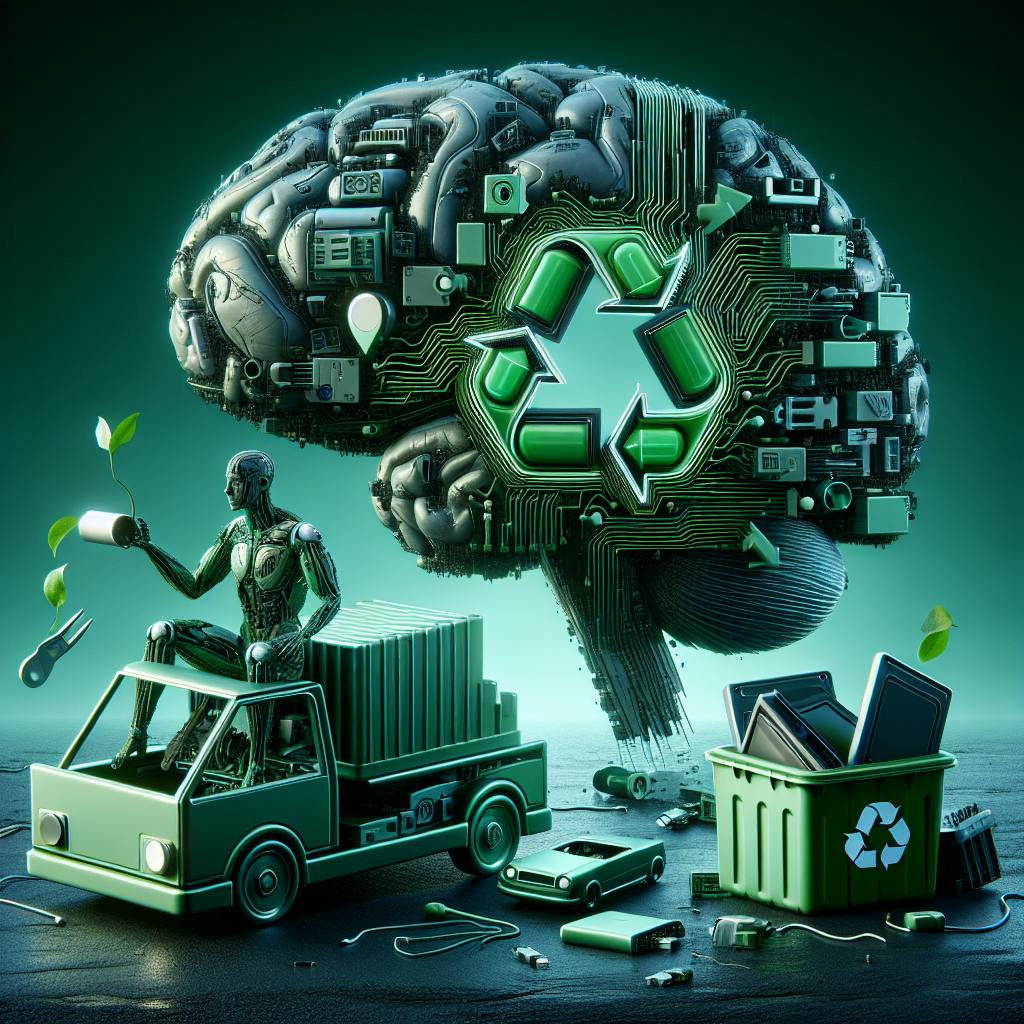Blog Ecobraz Eigre

How AI can predict the life cycle of electronics to reduce e-waste
The use of artificial intelligence (AI) has revolutionized electronics lifecycle management. With advanced data analysis capabilities, AI makes it possible to predict the durability of devices, planning maintenance and replacements efficiently, reducing the volume of e-waste generated.
Understanding the life cycle of electronics
The life cycle of electronics encompasses all the phases from manufacture to final disposal. Traditionally, control of these stages has been limited, resulting in early disposal and wasted resources. Artificial intelligence has emerged as a tool to map and optimize each phase, increasing the useful life of these products.
How AI identifies patterns of use and wear
Through sensors and continuous data collection, AI analyzes patterns of use, environmental conditions and signs of wear in electronics. Machine learning algorithms process this information, predicting when a device needs maintenance or is nearing the end of its functionality, preventing unexpected failures.
Benefits of lifecycle prediction for the environment
By anticipating the ideal time for maintenance or replacement, AI contributes to extending the useful life of devices, reducing premature disposal. This results in less e-waste generation, less need to extract raw materials and less pollution associated with production and disposal.
Practical implementation in electronic devices
Internet-connected devices (IoT) and intelligent systems incorporate AI for continuous monitoring. Specialized software notifies users of the device's status and indicates preventive actions. In sectors such as telephony, computing and household appliances, this technology is already being applied to promote sustainability.
Challenges and future prospects
Although promising, the adoption of AI in life cycle forecasting faces challenges such as data standardization, information security and initial costs. However, technological advances and growing environmental awareness point to a future in which intelligent electronics management will be the norm, contributing significantly to the reduction of e-waste.
Conclusion
The integration of artificial intelligence into electronics lifecycle monitoring represents a fundamental step towards sustainability. With the ability to predict deterioration and suggest interventions at the right time, AI maximizes the use of devices and minimizes the environmental impacts of improper disposal.

Deixe um comentário
O seu endereço de e-mail não será publicado. Campos obrigatórios são marcados com *